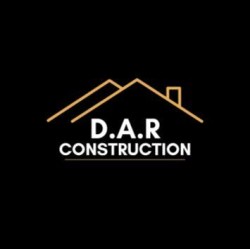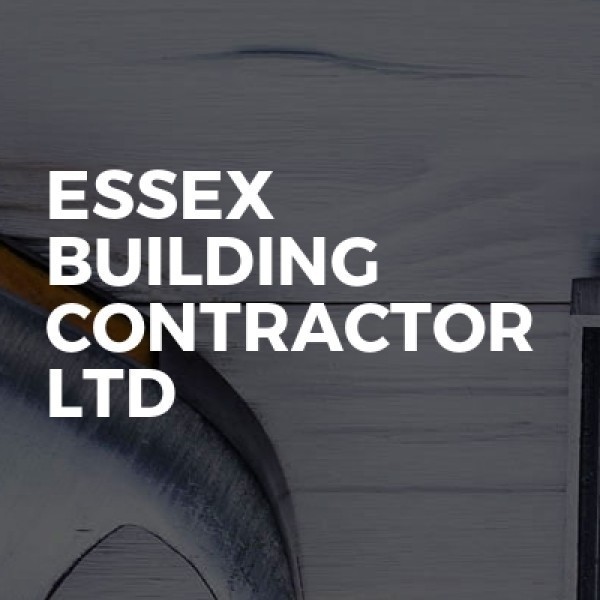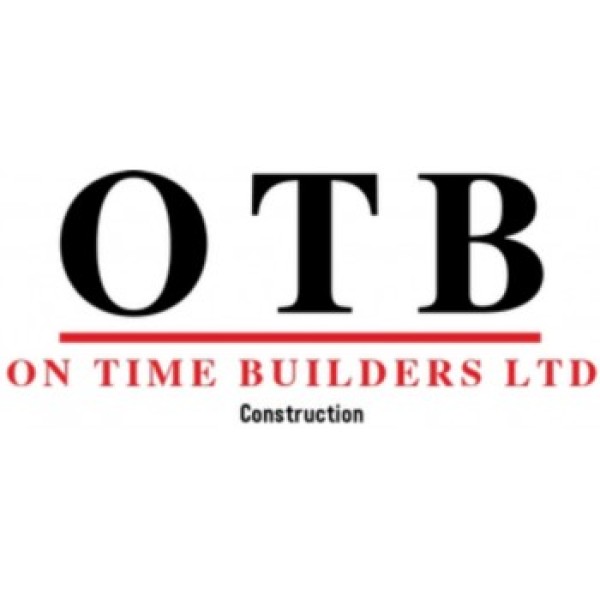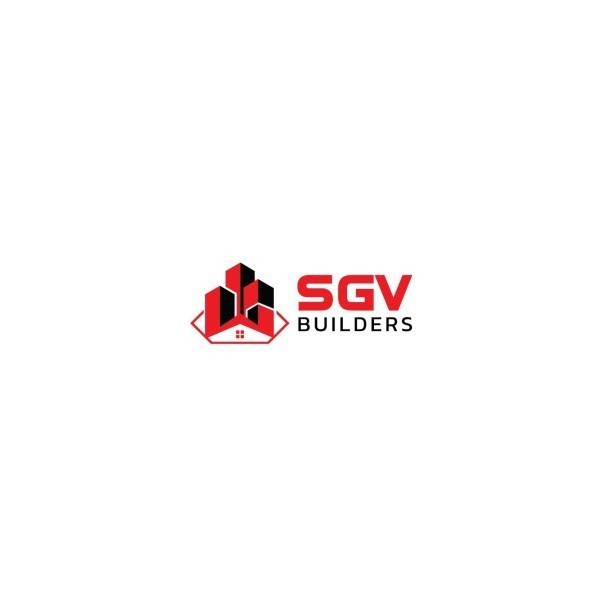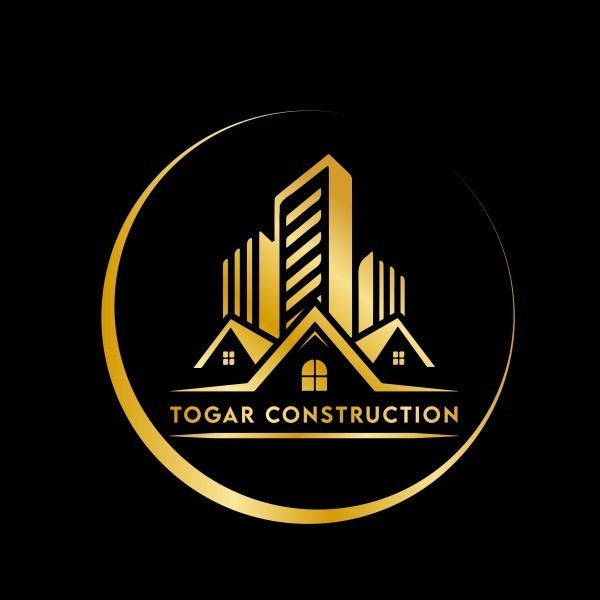Loft Conversions in Orpington
Search Loft Conversions in places nearby
Understanding Loft Conversions in Orpington
Loft conversions in Orpington have become increasingly popular as homeowners seek to maximise their living space without the hassle of moving. With the charm of Orpington's suburban setting and the convenience of its proximity to London, enhancing your home with a loft conversion can be a wise investment. This article will guide you through the ins and outs of loft conversions, ensuring you have all the information needed to make an informed decision.
What is a Loft Conversion?
A loft conversion involves transforming an unused attic space into a functional room. This could be a bedroom, office, or even a playroom. The process typically includes structural modifications, insulation, and the installation of windows to create a habitable area. In Orpington, where space can be at a premium, loft conversions offer an excellent solution for expanding your home.
Benefits of Loft Conversions
Loft conversions offer numerous benefits. Firstly, they increase the living space in your home without extending its footprint. This is particularly advantageous in Orpington, where garden space is often limited. Additionally, a well-executed loft conversion can significantly increase the value of your property, making it a smart financial move. Moreover, loft conversions can be tailored to suit your specific needs, providing a versatile space that enhances your lifestyle.
Increased Property Value
One of the most compelling reasons to consider a loft conversion is the potential increase in property value. In Orpington, where property prices are steadily rising, adding an extra room can boost your home's market appeal. According to property experts, a loft conversion can increase a property's value by up to 20%, making it a lucrative investment.
Customisable Living Space
Loft conversions offer the flexibility to create a space that meets your unique requirements. Whether you need an additional bedroom, a home office, or a creative studio, a loft conversion can be customised to suit your needs. This adaptability makes it an attractive option for families looking to grow or individuals seeking a dedicated workspace.
Types of Loft Conversions
There are several types of loft conversions to consider, each with its own set of advantages. The most common types include dormer, hip-to-gable, mansard, and roof light conversions. Understanding the differences between these options will help you choose the best fit for your Orpington home.
Dormer Loft Conversion
A dormer loft conversion involves extending the existing roof to create additional headroom and floor space. This type of conversion is popular in Orpington due to its versatility and cost-effectiveness. Dormers can be added to various parts of the roof, providing ample natural light and ventilation.
Hip-to-Gable Loft Conversion
Ideal for semi-detached or detached homes, a hip-to-gable conversion involves straightening an inwardly slanted end roof to create a vertical wall. This type of conversion maximises the available space and is particularly suited to properties with a hipped roof.
Mansard Loft Conversion
Mansard conversions are typically more complex and involve altering the entire roof structure. They provide a significant amount of additional space and are often used in terraced houses. Although more expensive, mansard conversions offer a high return on investment due to the substantial increase in living area.
Roof Light Loft Conversion
The simplest and most cost-effective option, a roof light conversion involves installing skylights into the existing roof structure. This type of conversion is ideal for those on a budget and requires minimal structural changes. However, it may not provide as much additional space as other conversion types.
Planning Permission and Building Regulations
Before embarking on a loft conversion in Orpington, it's essential to understand the planning permission and building regulations involved. While some loft conversions fall under permitted development rights, others may require formal planning permission. It's crucial to consult with the local planning authority to ensure compliance with all regulations.
Permitted Development Rights
Many loft conversions in Orpington can be completed under permitted development rights, meaning they do not require formal planning permission. However, there are specific criteria that must be met, such as height restrictions and the use of similar materials to the existing structure.
Building Regulations Approval
Regardless of whether planning permission is required, all loft conversions must comply with building regulations. These regulations ensure that the conversion is structurally sound, energy-efficient, and safe. Key areas covered by building regulations include fire safety, insulation, and structural integrity.
Choosing the Right Contractor
Selecting the right contractor is crucial to the success of your loft conversion project. A reputable contractor will have experience with loft conversions in Orpington and will be familiar with local regulations and building practices. It's important to obtain multiple quotes and check references before making a decision.
Experience and Expertise
When choosing a contractor, look for one with a proven track record of successful loft conversions. Experienced contractors will have the expertise to handle any challenges that arise during the project and will be able to provide valuable advice on design and materials.
Customer Reviews and References
Customer reviews and references are invaluable when selecting a contractor. They provide insight into the contractor's reliability, workmanship, and customer service. Don't hesitate to ask for references and follow up with previous clients to ensure you're making the right choice.
Cost Considerations
The cost of a loft conversion in Orpington can vary significantly depending on the type of conversion, the size of the space, and the materials used. It's important to establish a budget early on and obtain detailed quotes from contractors to avoid any unexpected expenses.
Factors Affecting Cost
Several factors can influence the cost of a loft conversion, including the complexity of the design, the need for structural alterations, and the choice of finishes. It's important to consider these factors when planning your budget and to allow for a contingency fund to cover any unforeseen costs.
Financing Options
If you're concerned about the cost of a loft conversion, there are several financing options available. These include home improvement loans, remortgaging, or using savings. It's important to explore all options and choose the one that best suits your financial situation.
Designing Your Loft Conversion
The design of your loft conversion should reflect your personal style and meet your functional needs. Consider factors such as layout, lighting, and storage when planning the design. Working with an experienced architect or designer can help you create a space that is both beautiful and practical.
Optimising Space and Layout
Maximising the available space is key to a successful loft conversion. Consider the placement of furniture, windows, and storage solutions to create a functional and comfortable environment. Clever design techniques, such as built-in storage and multi-functional furniture, can help make the most of the space.
Lighting and Ventilation
Natural light and ventilation are essential components of a comfortable loft conversion. Consider the placement of windows and skylights to maximise natural light and ensure adequate ventilation. Additionally, consider incorporating artificial lighting solutions to create a warm and inviting atmosphere.
Frequently Asked Questions
- Do I need planning permission for a loft conversion in Orpington? Many loft conversions fall under permitted development rights, but it's important to check with the local planning authority to ensure compliance.
- How long does a loft conversion take? The duration of a loft conversion can vary, but most projects take between 6 to 12 weeks to complete.
- Will a loft conversion add value to my home? Yes, a well-executed loft conversion can increase your property's value by up to 20%.
- Can I live in my home during the loft conversion? In most cases, you can continue living in your home during the conversion, although there may be some disruption.
- What is the most cost-effective type of loft conversion? Roof light conversions are typically the most cost-effective option, as they require minimal structural changes.
- How do I choose the right contractor for my loft conversion? Look for a contractor with experience, positive customer reviews, and a proven track record of successful projects.
Final Thoughts on Loft Conversions in Orpington
Loft conversions in Orpington offer a fantastic opportunity to enhance your living space and increase your property's value. By understanding the different types of conversions, planning permissions, and design considerations, you can embark on a successful project that meets your needs and exceeds your expectations. With the right planning and execution, a loft conversion can transform your home into a more functional and enjoyable space.






